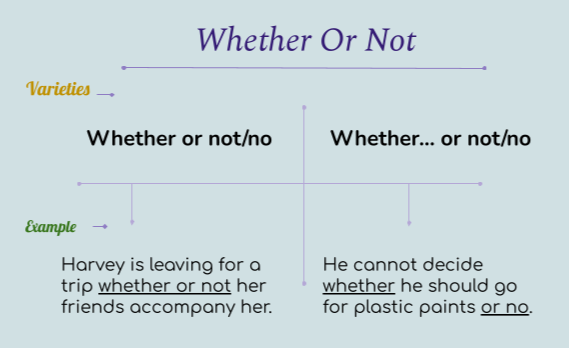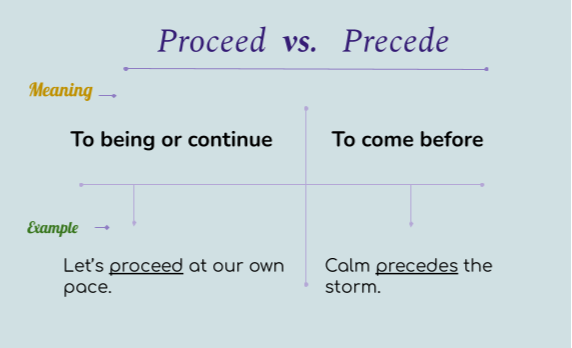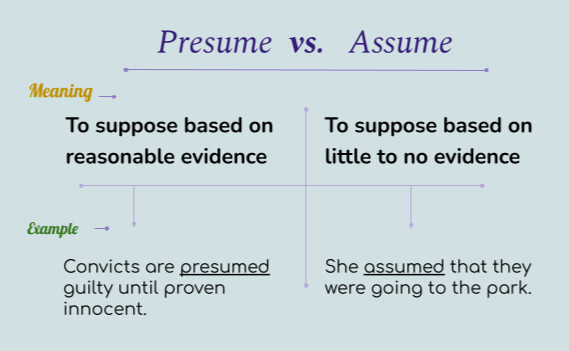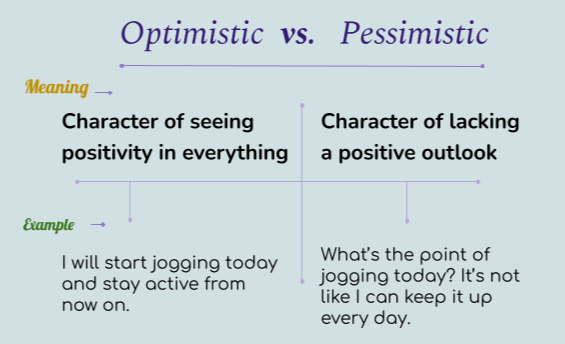Principal vs Principle - Know the Differences

“Principal” and “Principle” have to be some of the most confusing homophones to exist in the English language. The “principal” is the school headmaster and the “principle” is the adjective to indicate the thing of topmost significance.
Principal
1. The highest position of authority at a school
School principals are at the top of the power positions inside these educational institutions. They take care of the administrative side of things at school and are the authoritative presence for the students. For instance, “Principal’s office” is the scariest phrase around the premises since having to pay a visit there is mostly bad news.
- Kelly is at the principal’s office. (Correct)
- Kelly is at the principle’s office. (Incorrect)
A few more examples of the word principal used in sentences -
- How can you possibly forget the name of your school principal?
- Mr. Wilson is the coolest principal a kid can dream of.
2. Synonymous to the adjectives - most important, chief etc.
The “principal architect” of a firm is the lead architect there. The “principal responsibilities” of an employee are the major obligations s/he has to their employer.
- She will only meet with the principal engineer of our firm. (Correct)
- She will only meet with the principle engineer of our firm. (Incorrect)
- Driving you places is my principal obligation. (Correct)
- Driving you places is my principle obligation. (Incorrect)
Principle
The core concepts or values on which morals, ethics, behaviors and beliefs are founded upon.
If someone’s principle is that s/he does not deal with dishonest people, then honesty and fair trade would be in their moral and ethics.
Any solid entity falling free would maintain the principle of gravity and will always travel downwards (that is the natural behavior).
- He is a man of principles. (Correct)
- He is a man of principals. (Incorrect)
- Please, quit mentioning scientific principles to justify your actions. (Correct)
- Please, quit mentioning scientific principals to justify your actions. (Incorrect)
Principal vs. Principle
These homophones are two of the most confusing ones in the English language. Though they sound identical, they even have their roots in two very different Latin words - “Principal” comes from princeps (meaning: chief) while “Principle” comes from principium (meaning: source).
Since they are used in very different situations, a regular practicer of English will automatically know which one it is while listening. Still, not many can claim to have never mistaken one for the other unconsciously when it comes to writing. Therefore, it must be one of the most common types in the English language itself.
Teaching them side by side may clear the confusion of the new learners, but the key to avoiding the typos would be to concentrate a bit more while spelling them out on paper. The table below holds the critical differences in the most concise way possible -
| Key Points | Principal | Principle |
| Pronunciation (IPA) | /ˈprɪnsɪp(ə)l/ | /ˈprɪnsɪp(ə)l/ |
| Parts of Speech | Noun and Adjective | Noun |
| Meaning | - School Head Master (Noun) - Most significant (Adjective) |
Fundamental truths or personal values |
| Used in a sentence | Your school principal will not like the idea. | I’d like to stick to my principles. |
Grammar
Read More
- How to Use "Therefore" in Sentences Avoiding Common Mistakes
- How to Use "Whereas" with Examples and Avoid Common Mistakes
- When and How to Use "Thus" Correctly Without Common Mistakes
- How to Use "On the Contrary" Properly with Meaning and Examples
- When and How to Use "Either/Or" with Examples and Common Mistakes to Avoid
- How to Use "On the Other Hand" Effectively without Mistakes
- How to Use "Respectively" with Example and Common Errors to Avoid
- How and When to Use "Moreover" Without Mistakes
- How to Use "Likewise" in Sentences Based on Context & When not to Use
- When & How to Use "Although" in Sentences to Avoid Mistake





